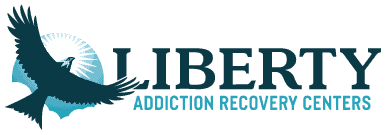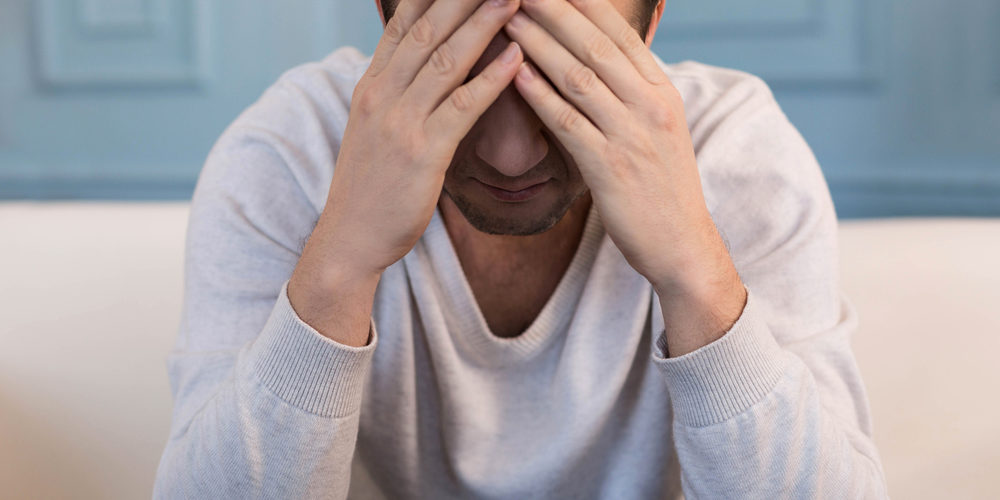Like with many other types of diseases, relapse is a part of the addiction recovery process for many people. Relapse isn’t usually something that occurs out-of-the-blue, though. It’s almost always preceded by triggers; situations or emotions that crop up in life and make you feel like you need to use. Recognizing these triggers early on, and doing your best to avoid them will help you to steer clear of relapse.
The Stress of Life
Living a simple life and reducing stress are the prescription for anyone in recovery, but it’s impossible to shield yourself completely from stress. Life is hard, and things are going to happen that test your patience and cause you frustration. When you were living an addicted life, you would turn to substance abuse to cope with stress and relieve pressure, and you will find yourself gravitating towards these coping mechanisms again from time to time.
In order to avoid a relapse as a response to stress, you need to have some healthy stress management techniques in place ahead of time. Exercise, meditation, or just spending time with friends and family are all great ways to handle stress without turning to substance abuse.
Co-Occurring Disorders
Self-medicating is one of the leading causes of addiction. People who are struggling with co-occurring disorders like depression or PTSD can have their addiction triggered when the other disorder is acting up. A bout of anxiety can send a sober person turning to substance abuse in a hurry if they don’t have the proper defenses in place.
Maintaining your aftercare program, and staying on top of any co-occurring disorders is essential for avoiding relapse. Take a careful inventory of your mental health frequently, and be honest with yourself about any symptoms of co-occurring disorders that are beginning to crop up. Addressing issues early on, before they get out of hand, is the key to maintaining recovery.
People and Places
Sometimes a relapse trigger is as simple as a familiar place or situation where you’ve used in your past. Successful recovery involves cutting out harmful places or situations that might make it impossible for you to resist using. Your favorite bar or parties where drugs or alcohol are present are going to have to be things you say “no” to in order to stay healthy, especially in early recovery.
There may also be people who you need to stay clear of, at least for the present. Friends or family members who are still using, or who bring too much stress or drama to the table will take a toll on your recovery, and could lead you into a relapse.
Focusing on your wellbeing and avoiding relapse triggers are the most important things for your successful healing.







